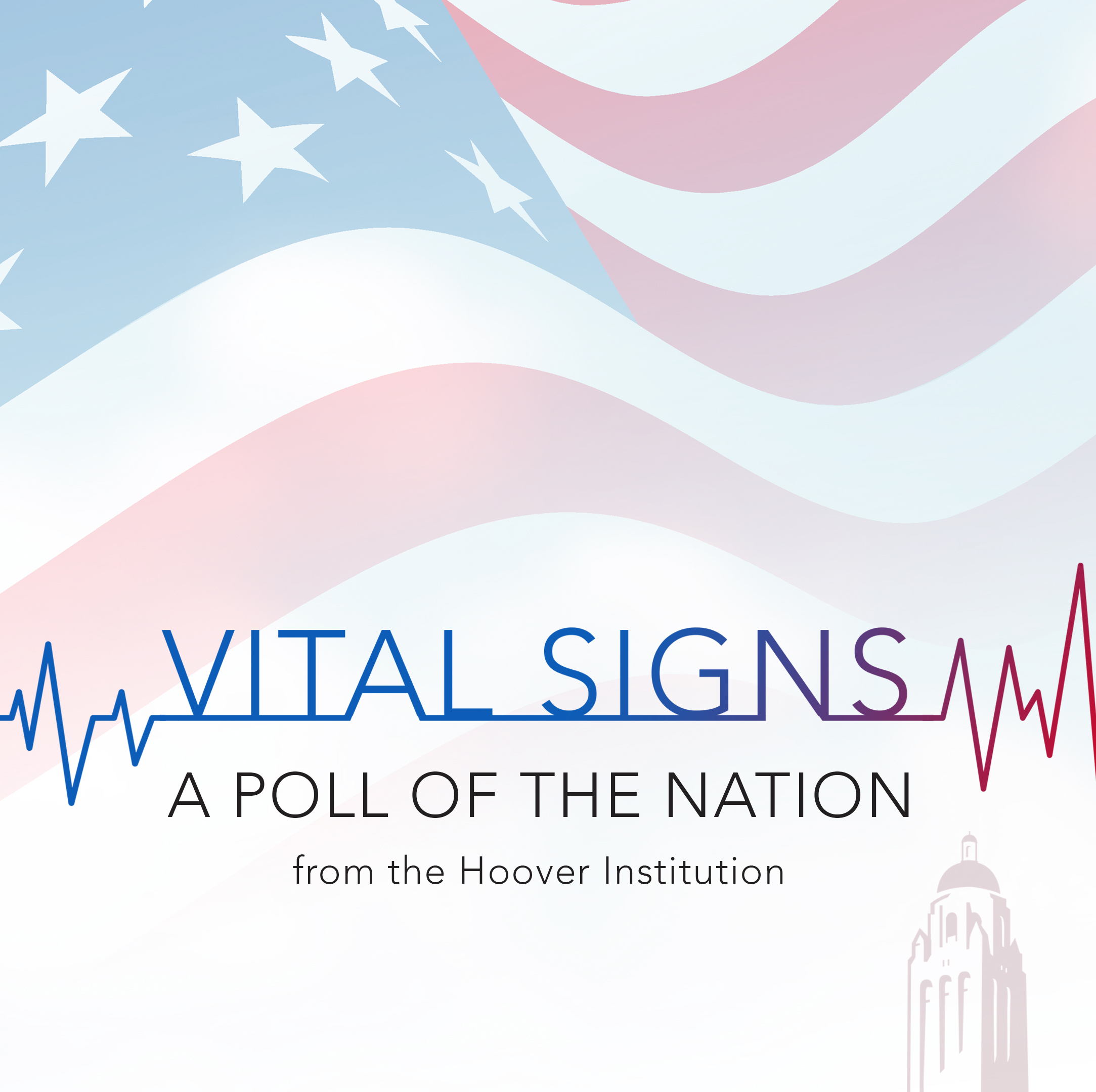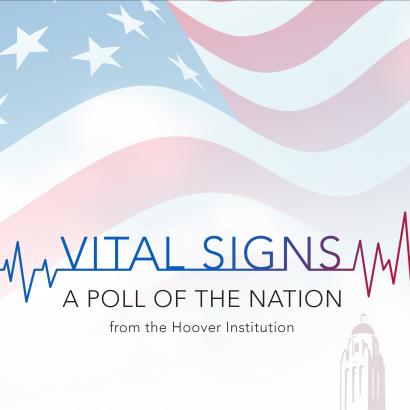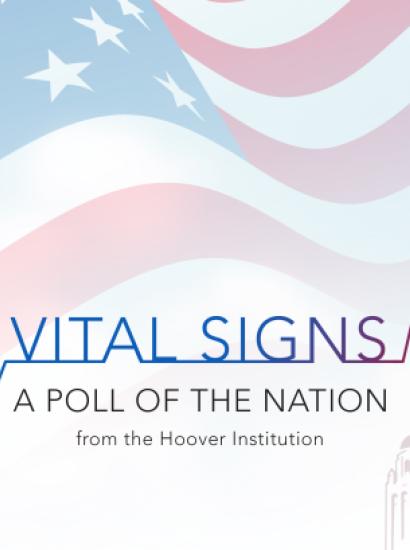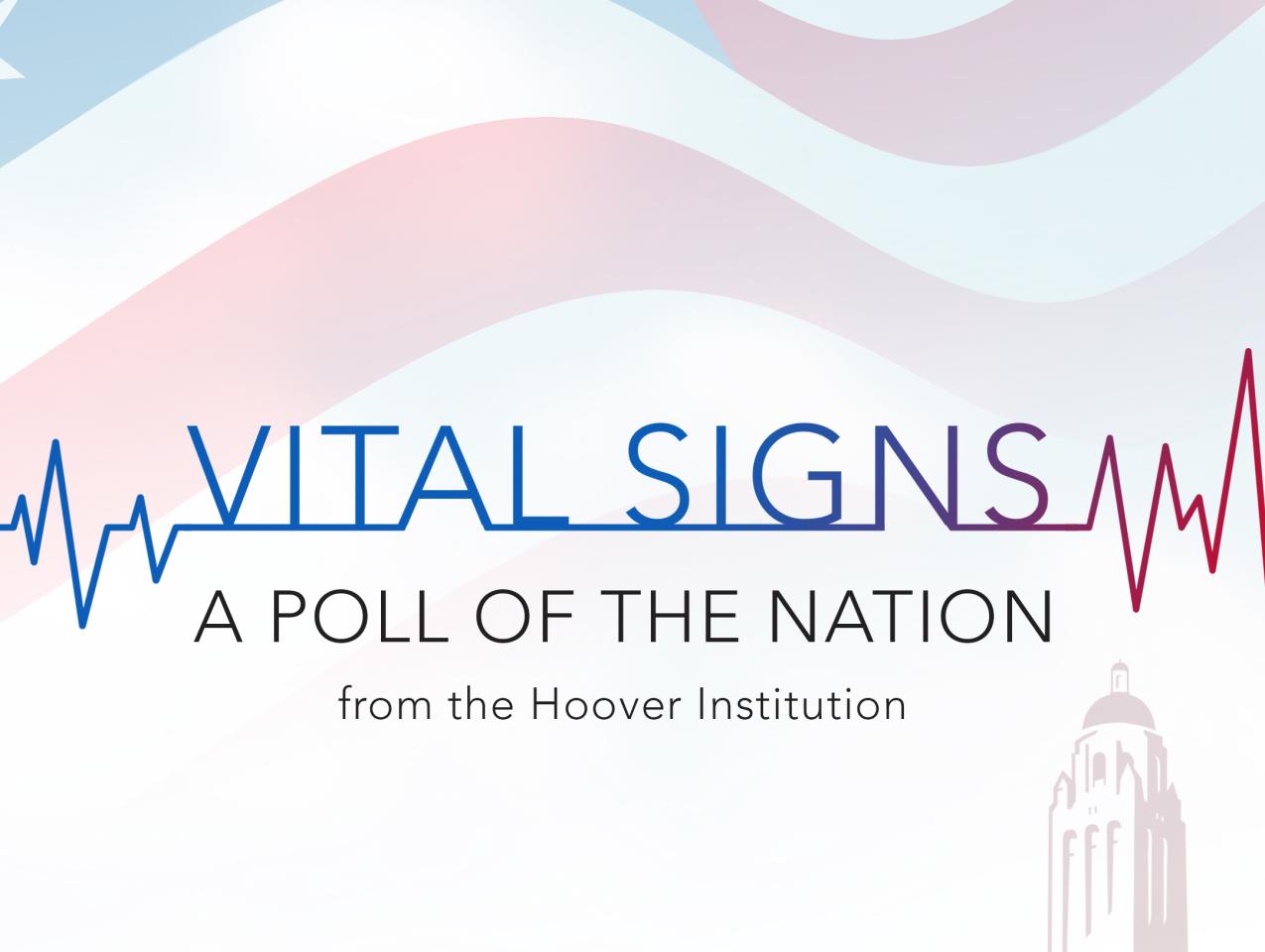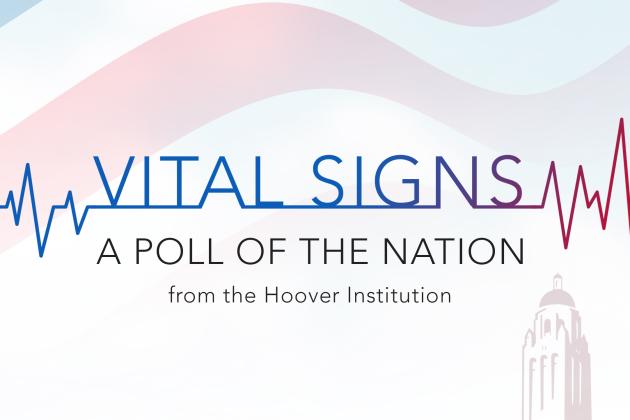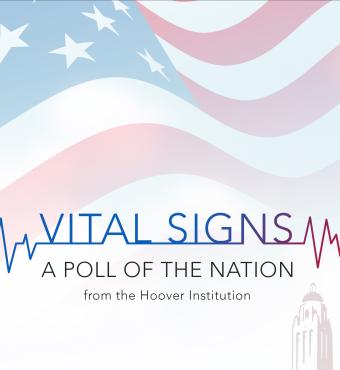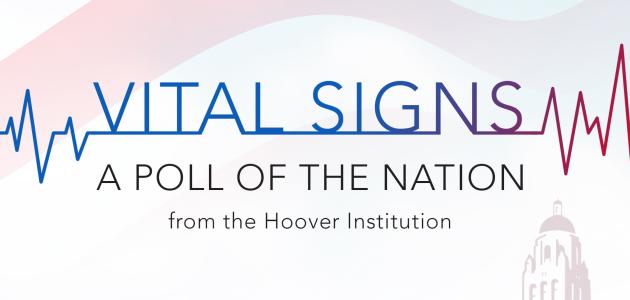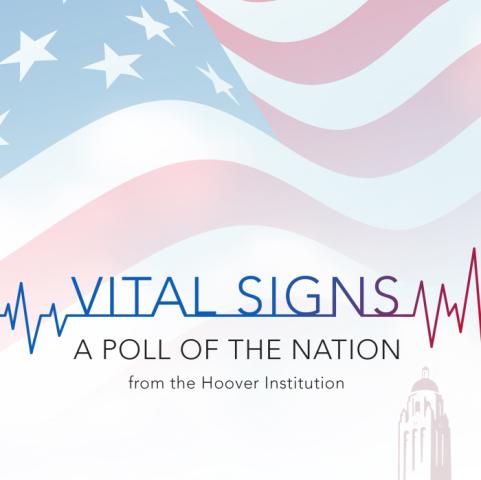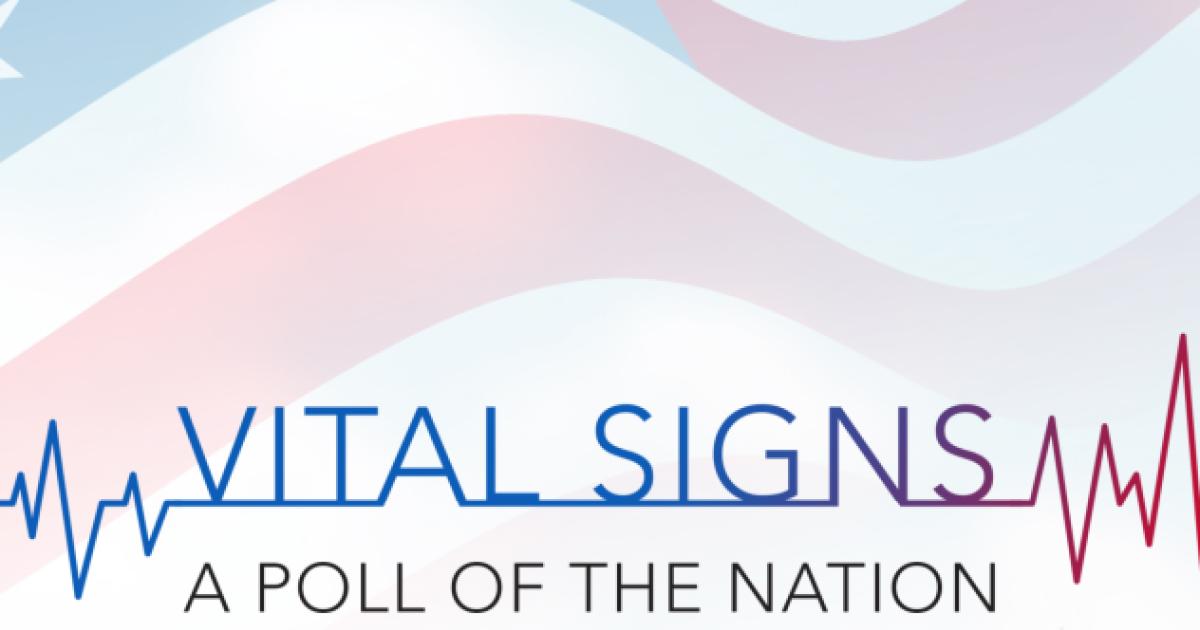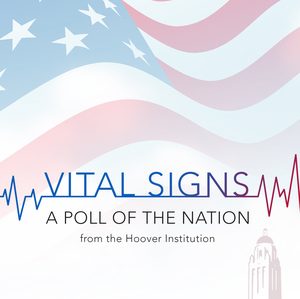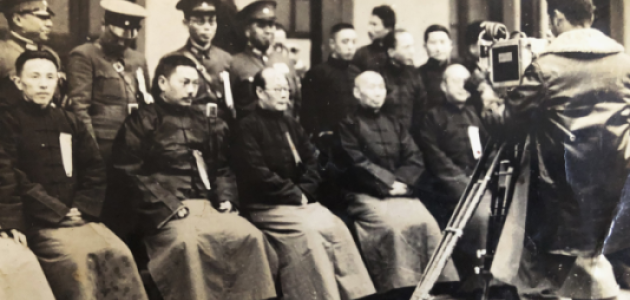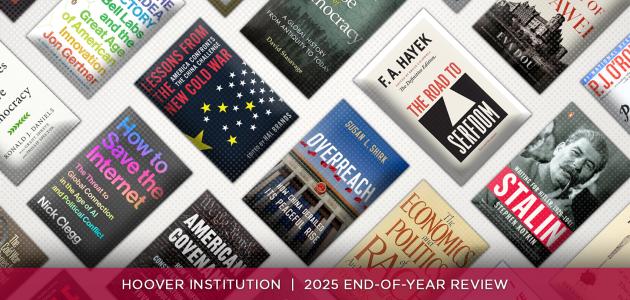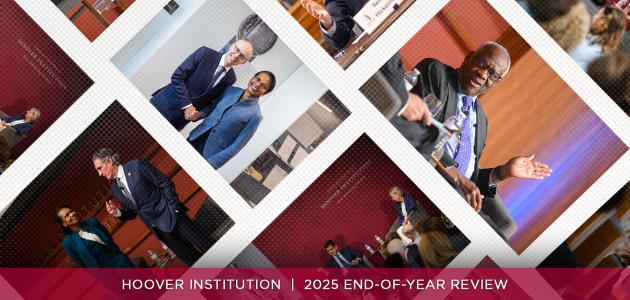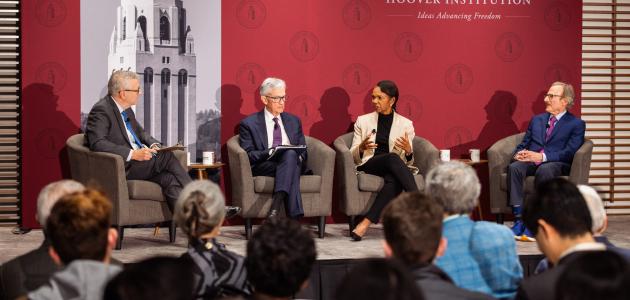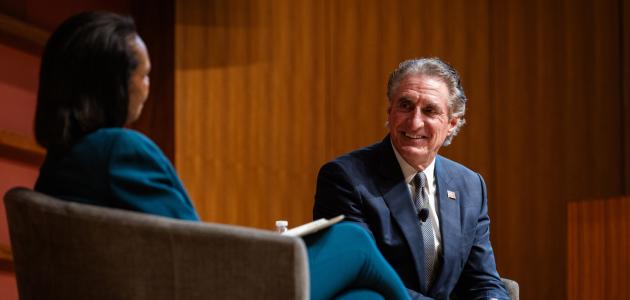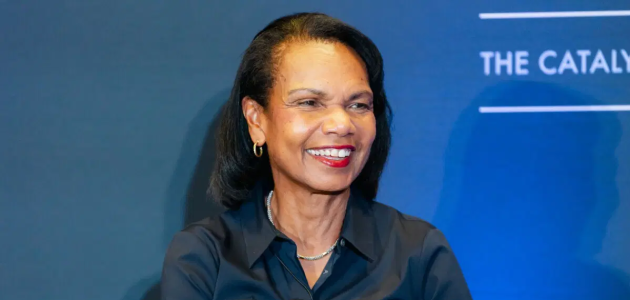Hoover Institution (Stanford, CA) – The Hoover Institution, in partnership with YouGov, has released its second annual Vital Signs national poll of the American electorate.
Managed by senior fellows David Brady and Douglas Rivers, Vital Signs is an attempt to determine the extent to which polarization and partisanship impede constructive policy making and political leaders’ ability to find common ground in confronting the most pressing issues facing the nation. It is intended to help identify preferred policy solutions, whether they be market-based proposals or government interventions.
The 2022 poll applies the same three themes as the 2021 poll: governmental power and liberty; social and environmental justice; and populism. This year’s poll contains an additional theme, which examines how Democrats and Republicans perceive each other and to what extent polarization and partisanship are affected by personal relationships.
The theme of governmental power and liberty addresses the traditional divide between Republicans and Democrats on government intervention in the economy, classical libertarian issues, and personal freedom. The theme of social and environmental justice explores issues of race relations, immigration, climate change, and affirmative action. And the theme of populism considers voters’ trust of institutions.
“While traditional differences between Democrats and Republicans persist, a new divide has opened up in the wake of the COVID pandemic and the 2020 election,” Rivers said. “Democrats favor mask and vaccine mandates, while many Republicans see this as overreach and an infringement on individual liberty. While partisan stereotypes are strong, we also see some signs that individuals can have friends on the other side and that political differences are not everything.”
“I think the one major change from 2021 to 2022 was that a large proportion of Democrats had backed off supporting the national initiative to ‘defund the police,’” Brady said. “Now, there are a majority of Americans who have some level of confidence in law enforcement.”
KEY FINDINGS
Government Intervention in the Economy
The survey reflected traditional divides between Republicans and Democrats in their beliefs about government intervention in the economy. For example, 57 percent of Republicans said that there is too much government regulation of business as opposed to 9 percent of Democrats. Similarly, 74 percent of Democrats—in contrast to just 37 percent of Republicans—are in favor of tax increases on families earning over $250,000 per year.
Partisan Divides on COVID-19 Public Health Measures
Republicans and Democrats are divided on COVID-19 public health measures. For example, 86 percent of Democrats said that schools and businesses should be able to mandate mask-wearing compared to 40 percent of Republicans.
Democrats and Republicans Share General Populist Views
Republicans, Democrats, and Independents share general populist views. Voters across the spectrum affirm that the government is run by a few big interests (76 percent of Republicans, 65 percent of Democrats, and 74 percent of Independents), that governmental officials are crooked (71 percent of Republicans, 50 percent of Democrats, and 64 percent of Independents), and that ordinary citizens don’t have any effect on decisions made within the political process (59 percent of Republicans, 51 percent of Democrats, and 59 percent of Independents). Independents more closely share positions with Republicans on the five populist assertions surveyed, which may offer the GOP an advantage in the 2022 midterm elections.
A Large Lack of Confidence in Institutions, Except for the Police
The only American institution that received an overall 60 percent confidence rating (having a lot or some confidence) is the police, with Democratic confidence rebounding significantly from 2021 to 57 percent. No other institution reached the 50 percent mark. While Democrats and Republicans share general populist views, they differ on the institutions they distrust. For example, Democrats are more likely to demonstrate “no confidence” in organized religion (31 percent of Democrats to 13 percent of Republicans). Republicans by larger proportions than Democrats express “no confidence” in universities (39 percent of Republicans to 10 percent of Democrats).
Partisan Perceptions
Republicans and Democrats largely hold negative perceptions of members of the opposite party. Majorities of Republicans agree that most Democrats are close-minded and hypocritical with almost half saying that Democrats are selfish and about a third saying Democrats are mean. Meanwhile, less than 10 percent of Democrats agreed that most Republicans are intelligent, honest, open-minded, or generous. Over two-thirds of Democrats thought that Republicans are close-minded, three in five indicated Republicans are hypocritical, and a majority said Republicans are selfish.
However, 71 percent of Republicans said they had Democratic friends and 56 percent of Democrats said they had Republican friends. These figures demonstrate that although severe partisan polarization remains, many Americans have friends who are registered in the opposite party and do not feel as though they can’t say what they think.
METHODOLOGY
The survey was designed by scholars at the Hoover Institution and the data were collected by YouGov, a global polling firm, in an internet survey from January 6–11, 2022. The 1,517 adults were selected from YouGov’s panel to be a nationally representative sample of US adults in terms of age, gender, race, education, and voting decisions in the 2016 US presidential election. The margin of error is approximately plus or minus 3 percent.
For coverage opportunities, contact Jeffrey Marschner, 202-760-3187, jmarsch@stanford.edu.







